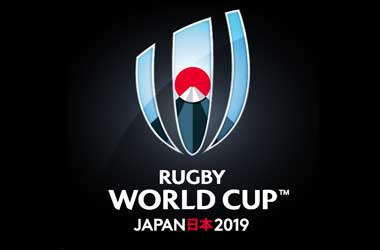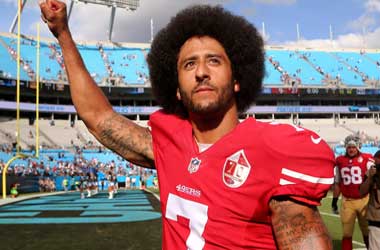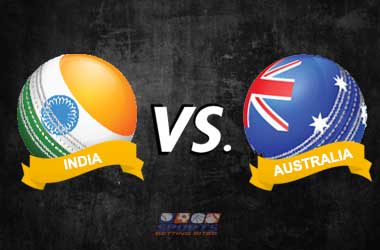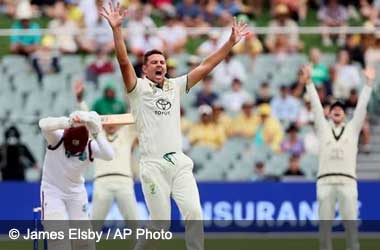
With the Rugby World Cup slated to kick off in Japan this September 20, South Africa coach Matt Proudfoot has revealed the full extent of the league’s strict random drug testing protocol, as the tournament imposes harsher sanctions against doping.
Rugby World Cup organizers have remained mum on the severity of their anti-doping program, but Proudfoot nonetheless spoke candidly about the matter during a recent press event, after his country’s history with doping was brought up by a member of the media.
With the 2019 Rugby World Cup slated to run from September 20 to November 2, almost all players in all 20 sides will likely be subjected to a drug test during the span of the tournament. Proudfoot reveals that the tournament’s guidelines call for at least two players from each team to be randomly tested, after each and every match. He added that between 6 and 8 players will likely be tested every week.
The 2019 Rugby World Cup opens at the Ajinomoto Stadium in Chōfu, Tokyo this Friday.
Proudfoot expressed support for the league’s stricter routine drug tests, lauding the Rugby World Cup for ensuring a clean sport and a level playing field. He noted that doping continues to be a concern, in not just professional rugby, but in the wider international sports arena as well.
The South Africa coach aired these sentiments despite losing star wing Aphiwe Dyantyi to a doping scandal in July. The 2018 World Rugby breakthrough player had tested positive for three steroids, his results confirmed by a second sample taken in August. Dyantyi is facing a four-year doping ban imposed by the South African Institute for Drug-Free Sport. Aphiwe Dyantyi plans to contest the findings, but his appeal has a very slim chance of being granted.
SABC Digital News
Sadly for South African rugby, performance enhancing drugs is making its way down and impacting the younger generation as well. In 2018, six school boys were banned after testing positive for performance-enhancing drugs during a showcase tournament. The six budding athletes, all minors, have been banned from Craven Week, South Africa’s rugby union tournament for boys ages 15 to 18.
World Rugby’s anti-doping manager Mike Earl reveals that the average fail rate on the professional level has remained at 0.4% since the last World Cup, but the league doesn’t want to grow complacent.
Earl added that they will also be regularly visiting team camps between games unannounced, although declining to comment on the frequency of these check in order to strengthen World Rugby’s anti-doping initiative.






